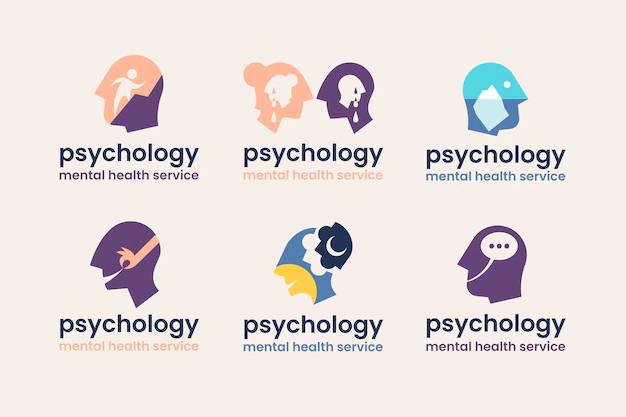Understanding the Diverse Main Branches of Psychology
Psychology, as a multifaceted discipline, delves into the intricate workings of the human mind, behavior, and emotions. Within this expansive field, several branches of psychology specialize in studying specific aspects of human cognition, emotions, development, and mental health. Let’s explore some major branches or kinds of psychology.

Cognitive psychology examines mental processes such as memory, perception, problem-solving, and decision-making.
Page Contents
Understanding the Diverse Main Branches of Psychology
1. Clinical Psychology:
Clinical psychology focuses on assessing and treating mental, emotional, and behavioral disorders. Clinicians often work directly with individuals, employing various therapeutic approaches to address psychological distress and improve mental health.
2. Cognitive Psychology:
Cognitive psychology examines mental processes such as memory, perception, problem-solving, and decision-making. Researchers in this field investigate how individuals acquire, process, and store information.
3. Developmental Psychology:
Developmental psychology studies human growth and development across the lifespan. It explores how individuals evolve physically, cognitively, emotionally, and socially from infancy through adolescence, adulthood, and aging.
4. Social Psychology:
Social psychology investigates how social influences, group dynamics, attitudes, and behaviors impact individuals. It explores topics such as conformity, prejudice, social perception, and interpersonal relationships.
5. Forensic Psychology:
Forensic psychology applies psychological principles within the legal and criminal justice systems. Professionals in this field may work on criminal investigations, assess criminal behavior, or offer expert testimony in legal proceedings.
6. Business or Industrial-Organizational Psychology:
Industrial-Organizational (I-O) psychology focuses on workplace dynamics, employee behavior, organizational development, and human resource management. It aims to enhance productivity, morale, and efficiency within organizations.
7. Educational Psychology:
Educational psychology concentrates on understanding learning processes, instructional techniques, and educational environments. It aims to improve teaching methods, curriculum design, and student motivation.
8. Health Psychology:
Health psychology explores the relationship between psychological factors and physical health. It investigates how behaviors, emotions, and attitudes impact overall health and wellbeing.
9. Neuropsychology:
Neuropsychology examines the relationship between the brain, behavior, and cognitive functions. It investigates how neurological disorders or injuries affect cognitive processes and behavior.
10. Counseling Psychology:
Counseling psychology emphasizes personal and interpersonal functioning. Counselors provide support, guidance, and therapy to individuals dealing with everyday life stressors, personal challenges, and mental health issues.
11. Evolutionary Psychology:
Evolutionary psychology explores how human behavior and cognition have been shaped by evolutionary processes. It investigates how certain behaviors or mental traits may have evolved to increase survival and reproductive success.
12. Positive Psychology:
Positive psychology focuses on studying human strengths, well-being, and optimal functioning. It emphasizes aspects such as happiness, resilience, personal growth, and the factors that contribute to a fulfilling life.
13. Environmental Psychology:
Environmental psychology examines the interaction between individuals and their physical surroundings. It investigates how environments influence behavior, emotions, and well-being, and how design impacts human experience.
14. Consumer Psychology:
Consumer psychology focuses on understanding consumer behavior, preferences, and decision-making processes. It examines factors influencing consumer choices, including marketing strategies, advertising impact, brand perception, and the psychological aspects of buying behavior.
Psychology Encompasses a Diverse Array of Branches
The field of psychology encompasses a diverse array of branches, each offering unique insights into different facets of human behavior, cognition, and emotions. From clinical interventions to workplace dynamics, education, and understanding the human mind’s evolutionary context, these branches collectively contribute to our comprehensive understanding of the complexities of human nature and experience.
Conclusion
The various branches of psychology reflect the complexity and diversity of human behavior, cognition, and emotions. Each branch contributes to our understanding of different aspects of the human experience, paving the way for advancements in mental health treatment, educational strategies, workplace dynamics, and overall well-being. Psychology continues to evolve, offering valuable insights into the intricacies of the human mind and behavior.







